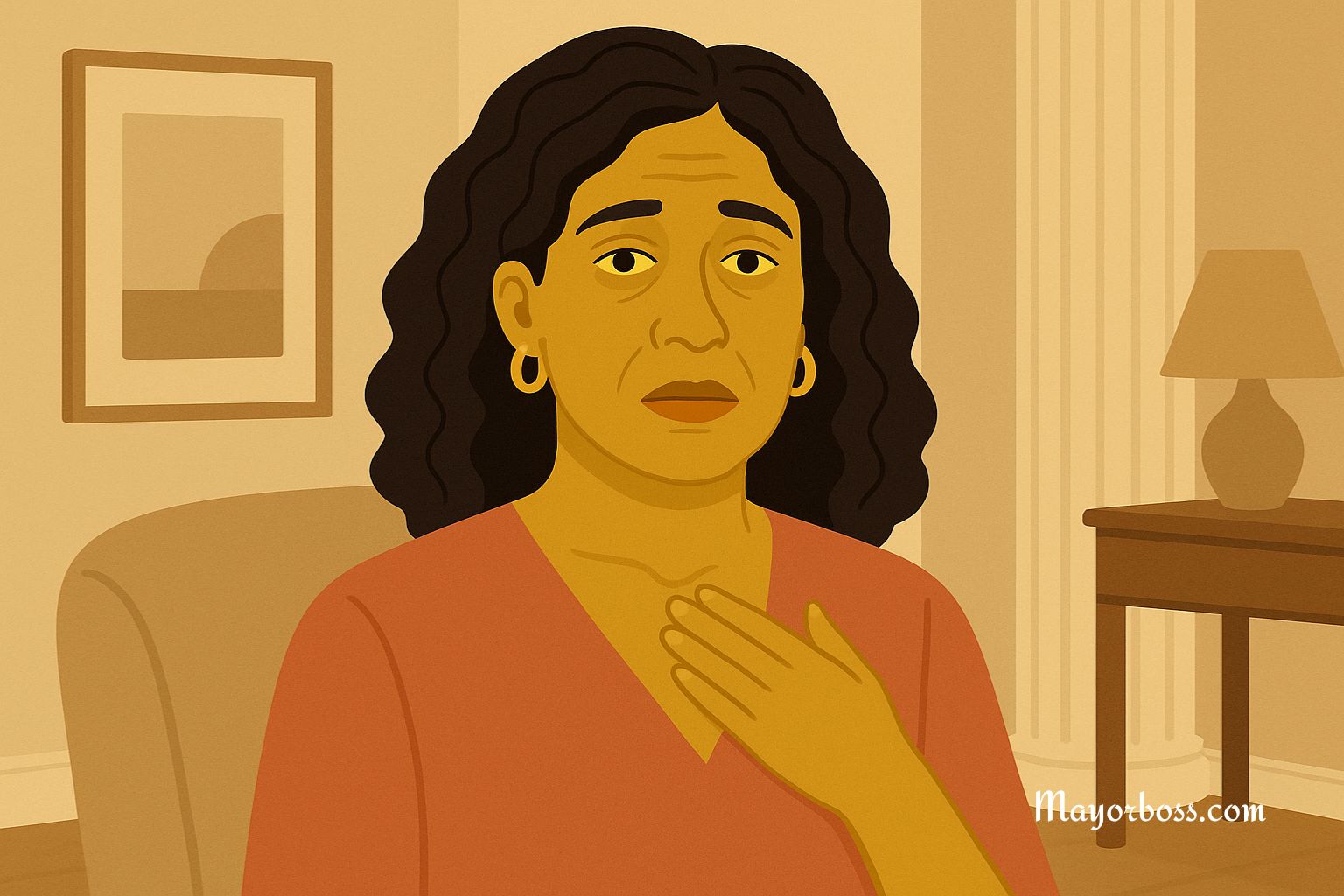4 Signs of Heart Problems That Even Young People Should Know
Many people think that heart troubles only affect older individuals, but the truth is that warning signs can appear at any age. According to the Cleveland Clinic, “there is an alarming increase in heart attacks for people under the age of 40 in the United States”. Therefore being aware of potential warning signs is especially crucial for younger individuals. Because early detection could prevent severe complications later on. Here are four key signs of heart problems that everyone—including young people—should recognize and take seriously.

1. Unusual or Rapid Heartbeat
Your heart pumps blood day and night, making sure oxygen and nutrients are delivered to every part of your body. Most of the time, it beats in a steady rhythm. Sometimes, you might notice a slight jump or flutter when you feel excited or scared—that’s normal. However, if you notice your heart racing or pounding when you are at rest or if your heart feels like it’s skipping beats too often, it might be a warning sign.
A rapid heartbeat can be caused by dehydration, stress, or having too much caffeine. But it may also signal a more serious issue with your heart’s electrical system. If you experience a racing heart that lasts longer than a few minutes or happens often, be sure to let a medical professional know. Even minor irregularities in your heartbeat can lead to more major problems if they are not addressed in time.
A consistently abnormal heartbeat is sometimes a sign of an arrhythmia. If left unchecked, an arrhythmia can cause dizziness, fainting, or even contribute to dangerous health events like a stroke. It’s best to monitor your heart rate and note if anything out of the ordinary pops up.
2. Shortness of Breath During Ordinary Activities
Have you ever felt out of breath after climbing a few steps or taking a short walk, even though you weren’t moving that fast? Feeling winded from time to time might not be unusual, especially if you are not used to exercise. But if you notice that normal tasks, like strolling around your home or walking through a store, leave you gasping for air, that might indicate an underlying heart concern.
Your heart and lungs work together to bring oxygen to your tissues. When your heart struggles, you can end up feeling breathless. In some cases, breathlessness can be a clue that your heart is not pumping efficiently. This might be related to conditions such as congestive heart failure or other issues that affect the heart’s ability to circulate blood.
3. Chest Discomfort or Pressure
Chest discomfort is often pictured as a sharp, intense pain. But sometimes, heart-related chest issues can feel like a pressing, squeezing, or fullness in the center of the chest. It may also feel like pressure that comes and goes. While many young people might not immediately connect these feelings to heart troubles, it is a key symptom.
Some people might confuse heart-related chest pressure with ordinary muscle pains or heartburn. So how can you tell the difference? Usually, muscle pains are easier to pinpoint and might hurt more when you move in a certain way. Heartburn may cause a burning feeling that worsens after a big meal. If your discomfort feels more like an uncomfortable pressure that isn’t tied to movement or digestion, or if it’s accompanied by sweating or nausea, you should see a medical professional right away.
4. Swelling in the Ankles, Feet, or Legs
Another sign of potential heart problems that can occur in people of all ages is swelling in the lower part of the body, such as your ankles, feet, or legs. This swelling, known as edema, can be caused by a buildup of fluid in your tissues. When your heart is not pumping as efficiently as it should, fluid can gather in the legs and feet, leading to swelling.
Keep in mind, swelling can also result from standing or sitting too long or from certain injuries. However, if you’re noticing swelling without a clear cause—or if it becomes frequent—there might be something more serious at play. Watch for other symptoms like discomfort, tightness in your shoes, or bulges in your socks as the day goes on.
Conclusion
While heart problems are sometimes viewed as something that only older people get, the truth is that even young individuals can encounter serious heart issues. Taking note of unusual or rapid heartbeats, shortness of breath, chest discomfort, and swelling in your lower limbs, you can step in early if something is amiss.
Your heart is a strong and dependable muscle, but it needs regular care and attention. If you experience any of these symptoms, do not overlook them. Seek advice from a doctor, get proper testing, and follow professional suggestions. That way, you can help keep your heart running smoothly.






